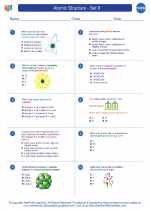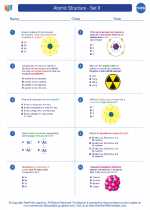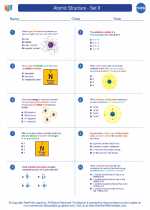Insects
An insect is a type of invertebrate animal that belongs to the class Insecta in the phylum Arthropoda. Insects are the most diverse group of animals on Earth, with over a million known species and potentially millions more yet to be discovered. They play crucial roles in ecosystems as pollinators, decomposers, and as a food source for other animals.
Anatomy of Insects
Insects have a three-part body consisting of a head, thorax, and abdomen. They have six legs, typically two pairs of wings, and antennae. The exoskeleton of insects is made of a tough substance called chitin, which provides protection and support.
Life Cycle of Insects
Most insects undergo complete metamorphosis, which includes four stages: egg, larva, pupa, and adult. Insects that undergo incomplete metamorphosis have three stages: egg, nymph, and adult. Understanding the life cycle of insects is important for pest control and conservation efforts.
Ecological Importance
Insects play a crucial role in various ecosystems. They pollinate plants, decompose organic matter, control pest populations, and serve as a food source for other animals. Understanding the ecological importance of insects is essential for maintaining a healthy and balanced environment.
Study Guide
- Describe the basic anatomy of insects.
- Explain the process of complete metamorphosis in insects.
- Discuss the ecological importance of insects in ecosystems.
- Compare and contrast the life cycles of insects that undergo complete and incomplete metamorphosis.
- Identify the different roles that insects play in the environment.
By studying the anatomy, life cycles, and ecological importance of insects, you will gain a comprehensive understanding of these fascinating creatures and their impact on the natural world.
.◂Chemistry Worksheets and Study Guides High School. Atomic Structure - Set II

 Worksheet/Answer key
Worksheet/Answer key
 Worksheet/Answer key
Worksheet/Answer key
